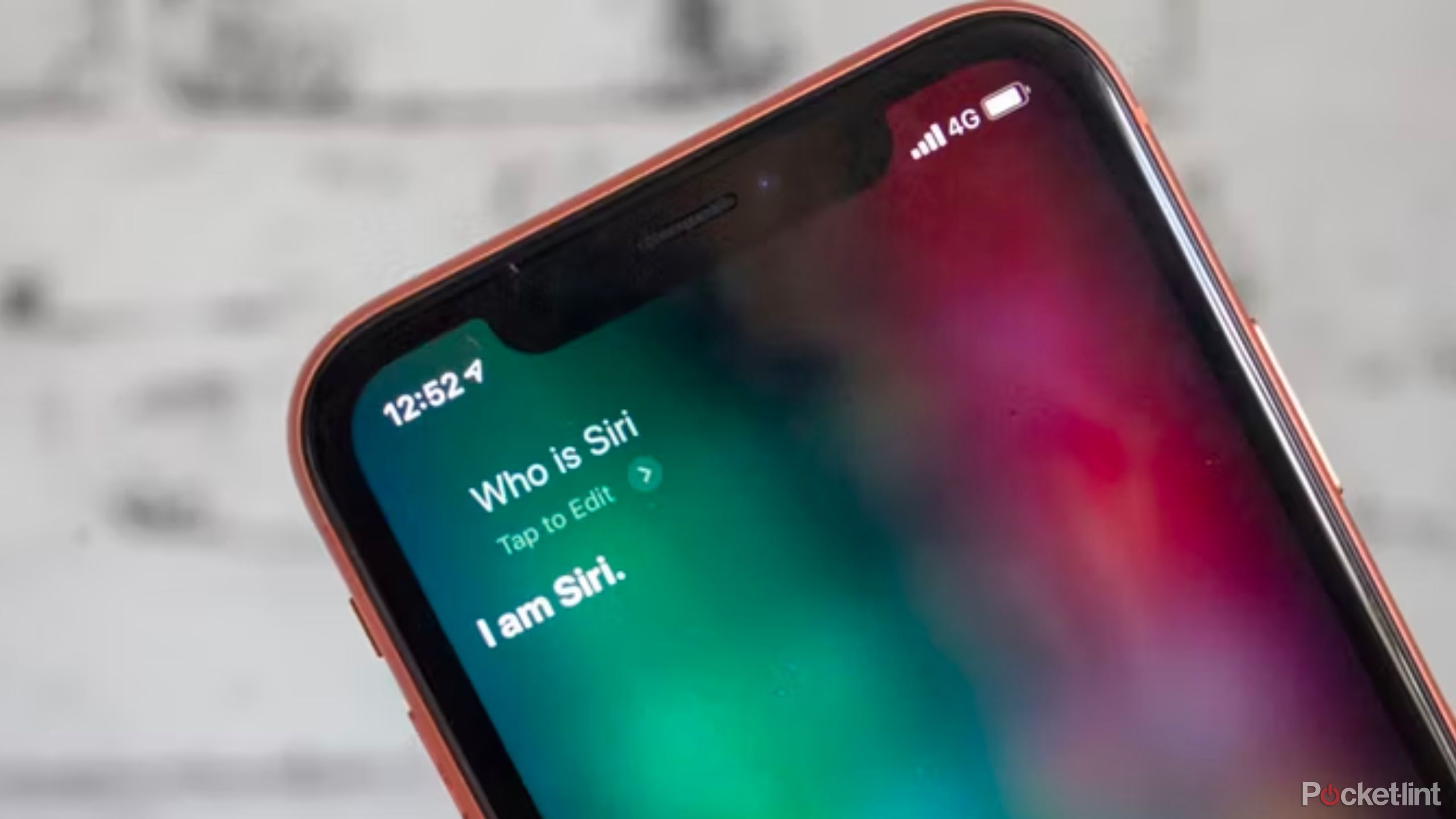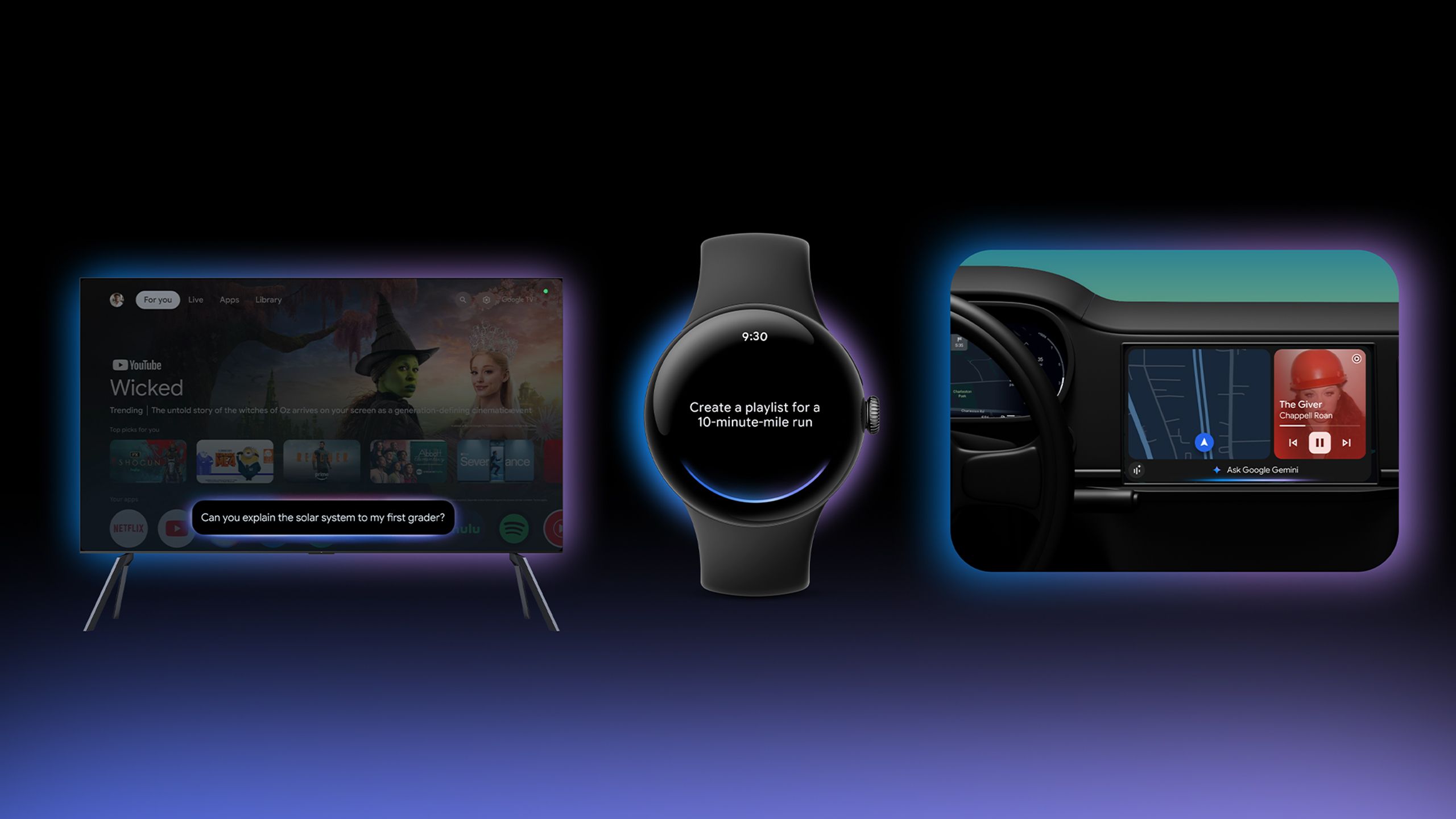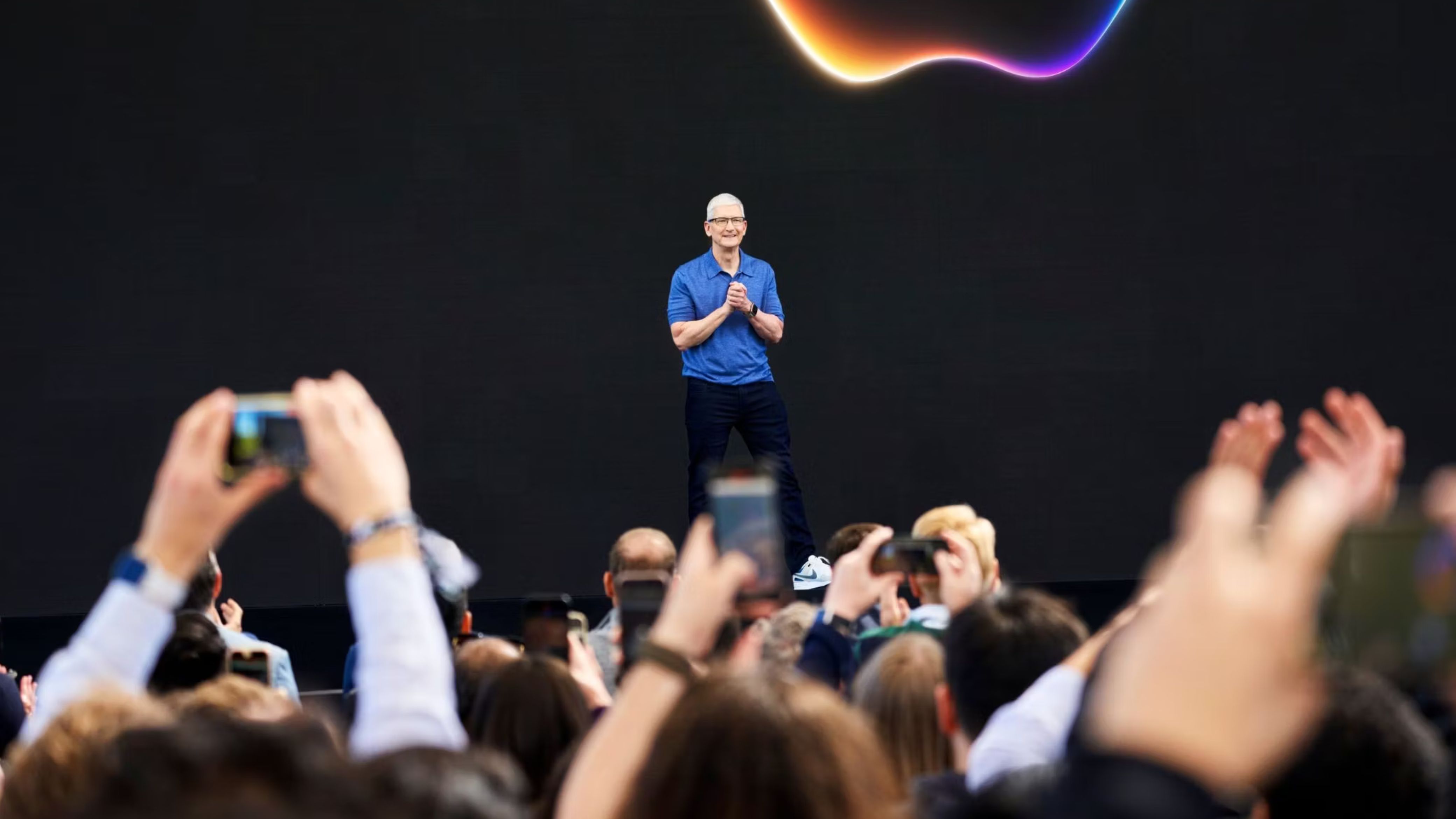Summary
- Apple is allegedly talking to OpenAI and Anthropic about inserting an outside AI model into Siri.
- The company may need this to keep up in the AI race, since it squandered the early lead it gained by launching Siri in 2011.
- A deal may be contingent on Apple being less gunshy about spending big on outside partnerships.
It’s no secret at this point that Apple has been struggling to catch up in generative AI. Over nine months since the launch of the iPhone 16, Apple has yet to deliver on some of the main promises for Apple Intelligence, particularly contextual awareness and deep in-app functions for Siri. Instead the company has made a few quasi-apologies, and altered its marketing, even pulling an ad starring The Last of Us actor Bella Ramsey.
The latest rumor, via Bloomberg, is that Apple is talking to OpenAI and Anthropic about making their AI models the basis of its Siri revamp. Anthropic’s tech is supposedly the best fit with Siri so far, and the company may even be formulating preliminary terms at a cost of billions of dollars per year. That sounds extreme, given how much Apple likes to keep in-house — but it may be unavoidable, knowing what I do about Apple’s track record and current state.
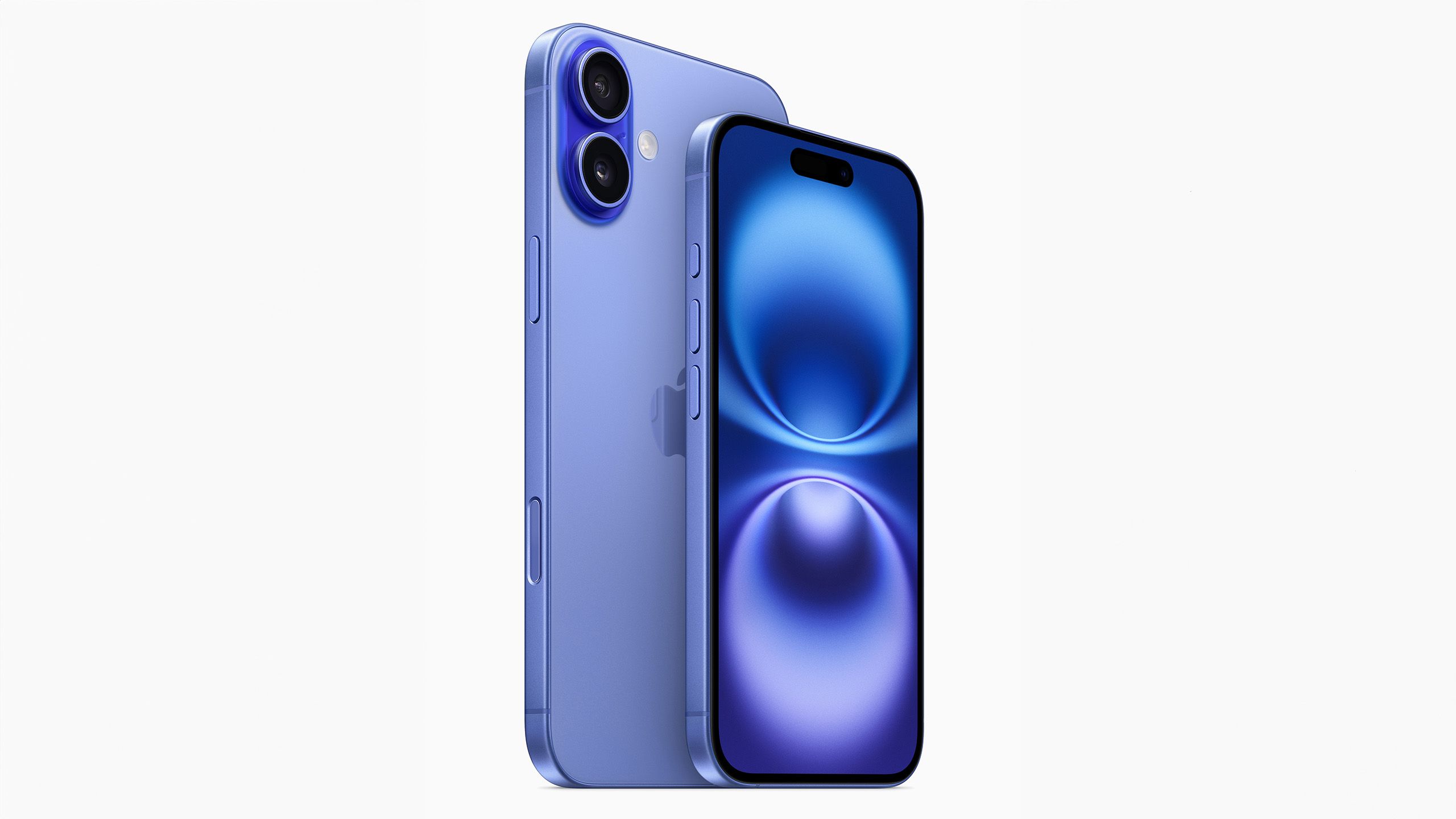
- Brand
-
Apple
- SoC
-
A18 (3nm)
- Display
-
6.1-inch 2556 x 1179 pixel resolution Super Retina XDR, 2000 nits, 60Hz
- RAM
-
8GB
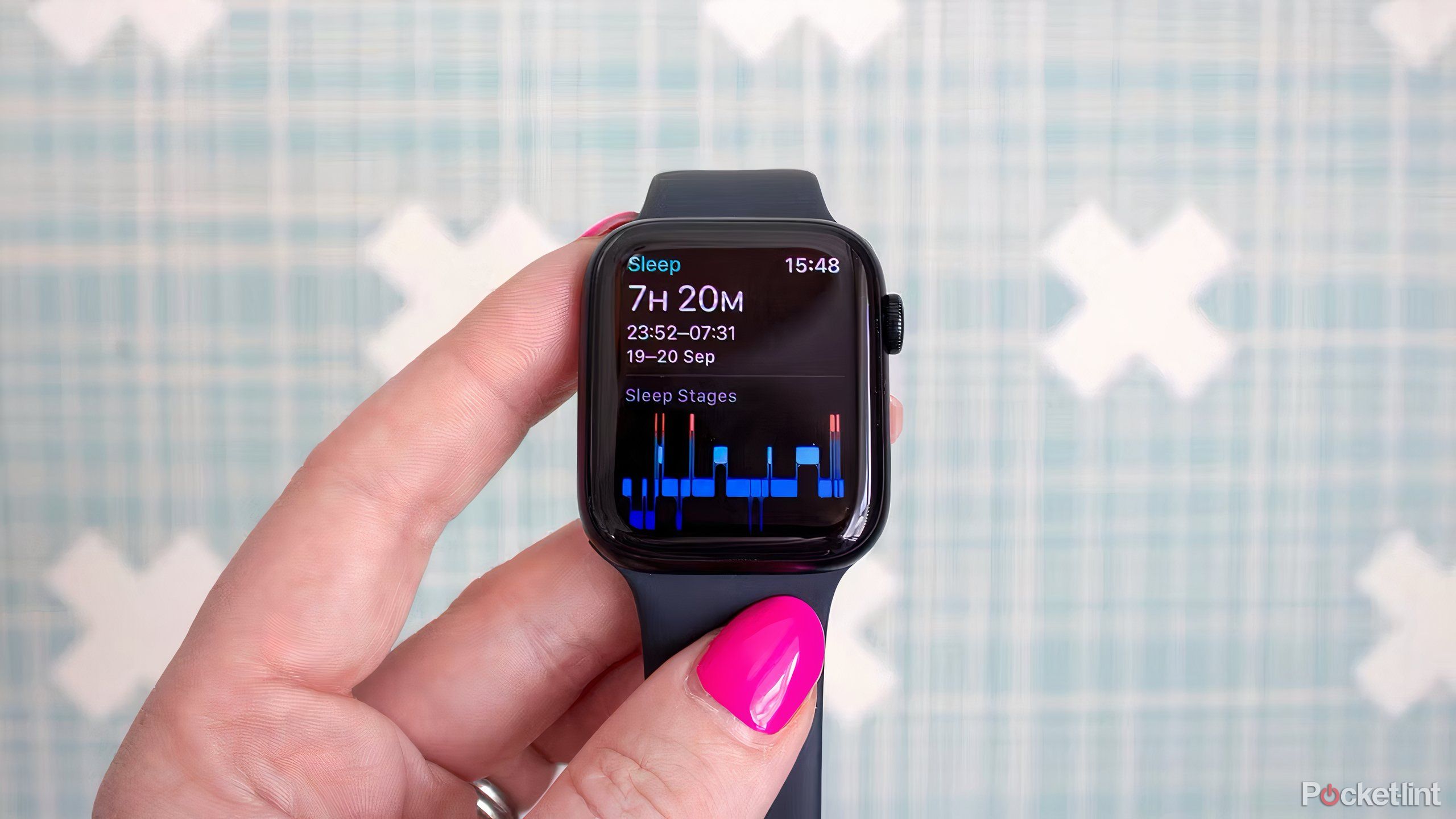
Related
Why I don’t (completely) trust sleep tracking on my devices
There’s value to consumer sleep trackers, but you shouldn’t treat their data as bulletproof.
The unfortunate history of Siri
A squandered lead
Apple bought the technology behind Siri in 2010, launching its own version a year later alongside the iPhone 4s. I remember that pretty distinctly — it was my first time covering an iPhone launch after moving to the US. And at the time, having any voice assistant on a phone was both novel and an improvement.
The issue is that after that initial splash, Apple seemed to sit on its hands. Siri has received a variety of upgrades over the years, such as smart home control, more natural voices, and more media and messaging options — but it’s still less powerful than Google Assistant, let alone Google Gemini. It continues to have a reputation for limited functionality, misunderstanding requests, and being unable to answer knowledge questions without booting you to outside links. One of the best features of Siri in Apple Intelligence is actually its ChatGPT integration.
Here was an assistant still struggling to get reminders right at a time when other assistants were helping to write research papers and plan vacations.
Complaints became so widespread that they were an easy fallback joke for late-night talk shows. Apple, normally very sensitive to public perception, seemed to turn a blind eye — as if the issue would go away by focusing on other software and hardware upgrades.
That might even have been true for a while, but Apple just couldn’t hide anymore when it was hit with the double-whammy of ChatGPT and Gemini. Siri was thrown into stark relief — here was an assistant still struggling to get reminders right at a time when other assistants were helping to write research papers and plan vacations.

Related
Beware: Those dating app responses you’re getting could be AI
Don’t accidentally fall in love with an LLM.
Apple’s uphill battle for AI supremacy
Taking stock of the battlefield
Right now, Apple’s biggest hurdle is the speed of the AI industry. The company is used to being late to the party with products, even exploiting that fact — the iPhone wasn’t the first smartphone, and the Apple Watch wasn’t the first smartwatch. In a span of just three years, however, generative AI has gone from text prompts to live voice conversations, advanced web search, and generating images and video so real, it fools the untrained eye. Whole industries are being disrupted, even if AI isn’t as powerful or reliable as a lot of business executives pretend it is.
Apple is aiming to become more responsive, but there’s obviously a lot of work left to be done in that department. June’s WWDC 2025 keynote made it obvious. While the company did announce some new AI features for the fall, none of them were earthshaking. The most impressive ones — Live Translation, Call Screening, and Hold Assist — have all been on Android devices for years.
Without some sort of kick in the pants, Apple could find itself stuck in a cycle of catching up, leaving innovative features as nothing but a distant prospect.
That underwhelming showing could be linked to teams focusing on Siri’s overhaul, which was certainly the right approach, if so. Yet it’s hard to ignore the fact that during May’s Google I/O event, Gemini pulled even further ahead, gaining things like voice-based agents and advanced augmented reality integration in Android XR. Without some sort of kick in the pants, Apple could find itself stuck in a cycle of catching up, leaving innovative features as nothing but a distant prospect.
Third-party AI models may be necessary not just because of Apple’s lateness, but its refusal to use the same training sources as other companies. Those sources are often unapproved, and dubious in terms of legality and privacy — but they’ve also fueled the sort of rapid evolution I’ve talked about. It has to be tempting for Apple executives to reap the benefits of that evolution while maintaining tight privacy restrictions they can brag about.
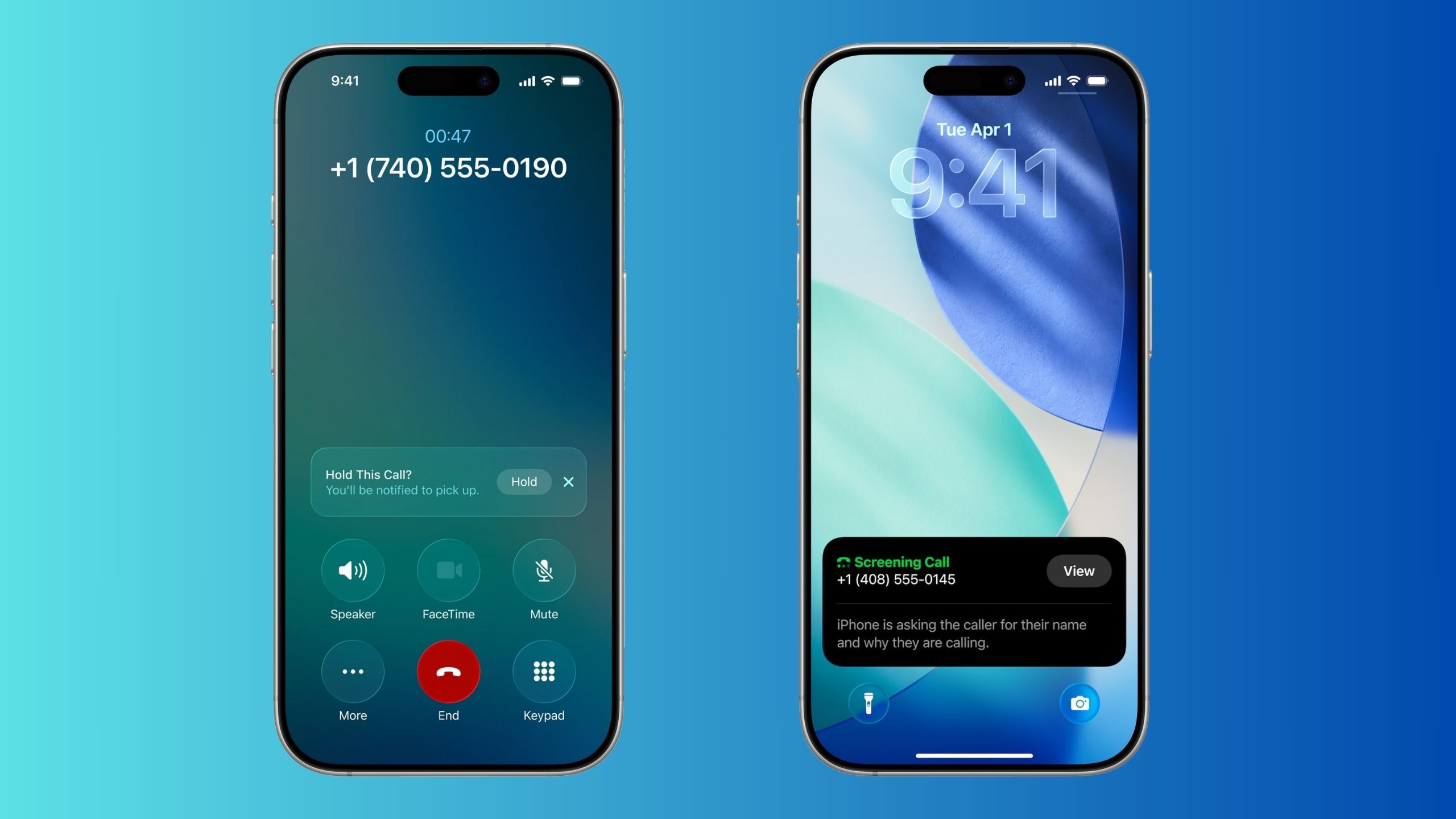
Related
With iOS 26, Apple is finally taking the iPhone’s phone app seriously
By far, iOS 26’s most useful new features are Call Screening and Hold Assist — here’s why.
Overcoming business ego
Some final thoughts
Apple
Is Apple motivated enough to go through with an AI deal? I think so, but it may have to overcome some of its traditional attitudes.
Outside of search, most of Apple’s partnerships don’t affect core features. For those, it prefers in-house technologies, which give it complete control. There’s no better example than its willingness to design its own processors and wireless chips — it would be easier to pay companies like Samsung and Qualcomm for optimized hardware. Making ChatGPT or Claude the foundation of Siri would force Apple to accept the idea of being critically dependent on outside parties again, much like it was when Google Maps was preloaded on every iPhone. Apple could probably stomach that as long as it continues work on a first-party Siri overhaul.
Now, Apple may have no choice but to invest money if it wants to remain relevant for another 10 years.
Another obstacle, though, is Apple’s reluctance to spend big outside its Google Search deal and internal projects. Its last multi-billion dollar acquisition was its $3 billion Beats takeover in 2014. That might not seem wild — until, that is, you realize that Apple as a whole is valued over $3 trillion, and in the March 2025 quarter, it had over $48 billion in cash assets. It seems to be terrified of market downturns. Now, though, it may have no choice but to invest that money if it wants to remain relevant for another 10 years.

You might also like
Everything you need to know about PEVs, or personal electric vehicles
You can use PEVs like e-bikes and scooters to explore, run errands, or speed up your commute.





